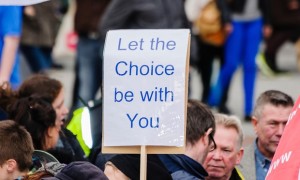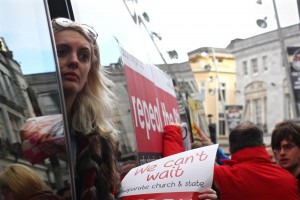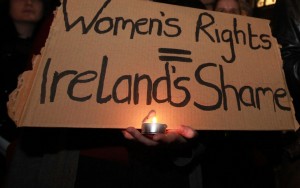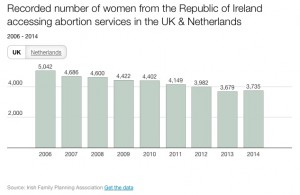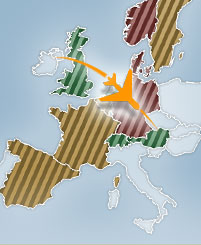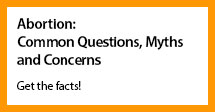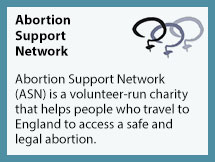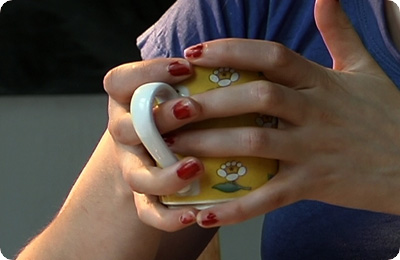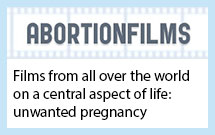Northern Ireland law on abortion ruled ‘incompatible with human rights’
December 1st, 2015 - politicstheguardian.com, 30 November 2015 by Henry McDonald
Northern Ireland law on abortion ruled ‘incompatible with human rights’
• High court judgment in Belfast could lead to women being allowed to have terminations in cases of fatal foetal abnormalities, rape and incest
• Attorney general in Northern Ireland says he was “profoundly disappointed by this decision and I am considering grounds for appeal.”
A high court judge has ruled that Northern Ireland’s almost outright ban on abortion breaches the human rights of women and girls, including rape victims.
The historic judgment, delivered in Belfast on Monday, could lead to women and girls who are the victims of rape and incest as well those suffering from fatal foetal abnormalities having terminations in Northern Irish hospitals.
The Royal College of Midwives has welcomed the landmark judgement in Belfast High Court. Breedagh Hughes, the RCM’s Northern Ireland Director, said it would give some legal protection for all health professionals faced with the possibility of carrying out terminations in local hospitals
Hughes said: “Today’s ruling is extremely welcome. It now gives midwives and other health professionals legal protection and a release from the fear of prosecution. This will enable midwives to offer women who have a diagnosis of fatal foetal anomaly the appropriate care, support and advice that they also have often been denied because of the Assembly’s inertia.”
Read full article: www.theguardian.com
